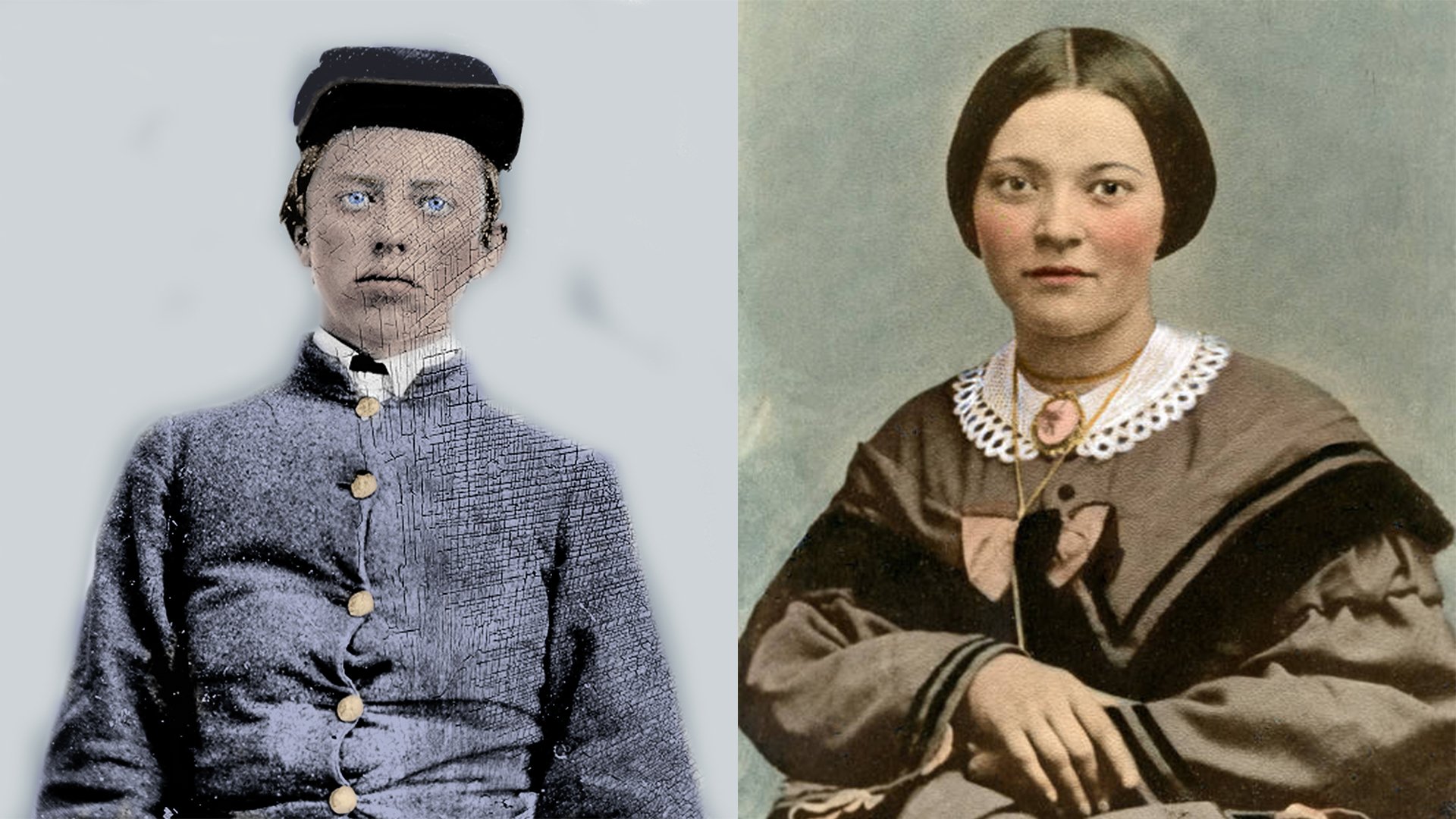
People
Learn about the Civil War in the Valley from the stories of the men, women, soldiers, and civilians that lived through it
John S. Mosby
Colonel (CSA)
December 6, 1833 — May 30, 1916
John S. Mosby was feared by Union commanders who operated in northern and western Virginia. Born near Richmond, Virginia, in 1833 he was a bit of a ruffian in his teenage years and imprisoned for shooting one of his classmates at the University of Virginia. Mosby pursued a legal career and practiced law before the Civil War in Bristol, Virginia.
When the war broke out in 1861 Mosby joined a cavalry company. After the First Battle of Manassas (Bull Run) he resigned his commission from the 1st Virginia Cavalry due to differences he had with General Robert E. Lee’s nephew—Fitzhugh Lee. After leaving the 1st Virginia, Mosby offered his services as a scout to Gen. J.E.B. Stuart. Mosby’s reconnaissance during June 1862 prompted Stuart’s famed ride around Union Gen. George B. McClellan.
In late 1862 Mosby was given permission to lead an independent partisan command. His partisan rangers wreaked so much havoc behind Union lines that the Confederate War Department officially designated the partisans as the 43rd Battalion of Virginia Cavalry on June 10, 1863.
The “Gray Ghost,” as he was oftentimes called, eluded Union troops throughout the war. After Gen. Philip H. Sheridan’s victory at the Battle of Cedar Creek, October 19, 1864, Union forces in the Shenandoah Valley focused on putting an end to Mosby’s operations. Special counter-partisan forces were organized specifically to deal with Mosby and his peer John H. McNeill. One such force, under the command of Capt. Richard Blazer, faced off with Mosby in mid-November near Kabletown, West Virginia (approximately twenty miles northeast of Winchester). The partisans defeated the force and captured Blazer.
After Gen. Robert E. Lee surrendered the Army of Northern Virginia at Appomattox Court House on April 9, 1865, Gen. Winfield Scott Hancock, in command of the troops around Winchester, ordered Mosby to surrender, however, the Gray Ghost refused. Mosby disbanded his battalion near Salem, Virginia (located just east of present-day Markham).
After the war he practiced law in Warrenton, Virginia, and died there in 1916.

